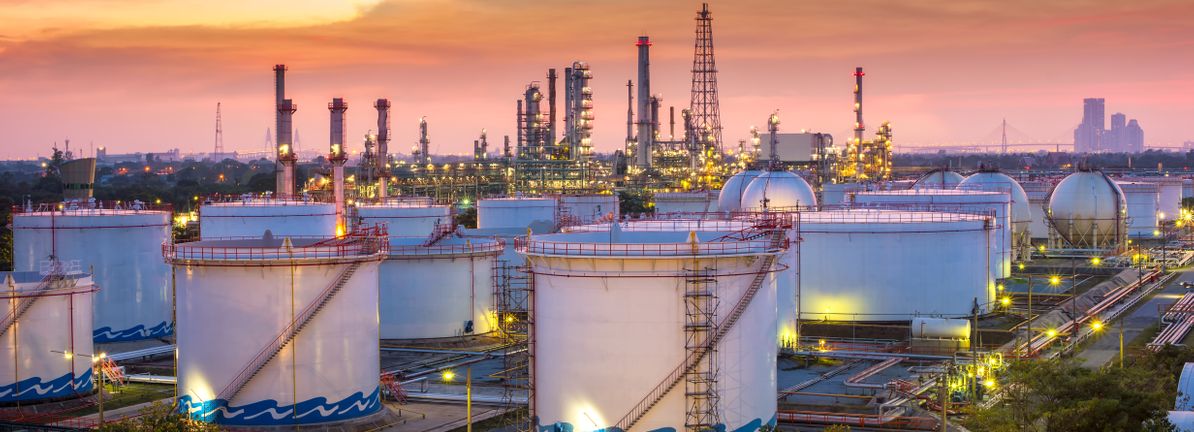One simple way to benefit from the stock market is to buy an index fund. But if you buy good businesses at attractive prices, your portfolio returns could exceed the average market return. Just take a look at China Aviation Oil (Singapore) Corporation Ltd (SGX:G92), which is up 80%, over three years, soundly beating the market return of 26% (not including dividends). On the other hand, the returns haven’t been quite so good recently, with shareholders up just 54%, including dividends.
So let’s assess the underlying fundamentals over the last 3 years and see if they’ve moved in lock-step with shareholder returns.
We’ve found 21 US stocks that are forecast to pay a dividend yield of over 6% next year. See the full list for free.
To quote Buffett, ‘Ships will sail around the world but the Flat Earth Society will flourish. There will continue to be wide discrepancies between price and value in the marketplace…’ One way to examine how market sentiment has changed over time is to look at the interaction between a company’s share price and its earnings per share (EPS).
China Aviation Oil (Singapore) was able to grow its EPS at 34% per year over three years, sending the share price higher. The average annual share price increase of 22% is actually lower than the EPS growth. So it seems investors have become more cautious about the company, over time. This cautious sentiment is reflected in its (fairly low) P/E ratio of 10.30.
You can see how EPS has changed over time in the image below (click on the chart to see the exact values).
We’re pleased to report that the CEO is remunerated more modestly than most CEOs at similarly capitalized companies. But while CEO remuneration is always worth checking, the really important question is whether the company can grow earnings going forward. This free interactive report on China Aviation Oil (Singapore)’s earnings, revenue and cash flow is a great place to start, if you want to investigate the stock further.
As well as measuring the share price return, investors should also consider the total shareholder return (TSR). The TSR is a return calculation that accounts for the value of cash dividends (assuming that any dividend received was reinvested) and the calculated value of any discounted capital raisings and spin-offs. Arguably, the TSR gives a more comprehensive picture of the return generated by a stock. We note that for China Aviation Oil (Singapore) the TSR over the last 3 years was 102%, which is better than the share price return mentioned above. And there’s no prize for guessing that the dividend payments largely explain the divergence!
